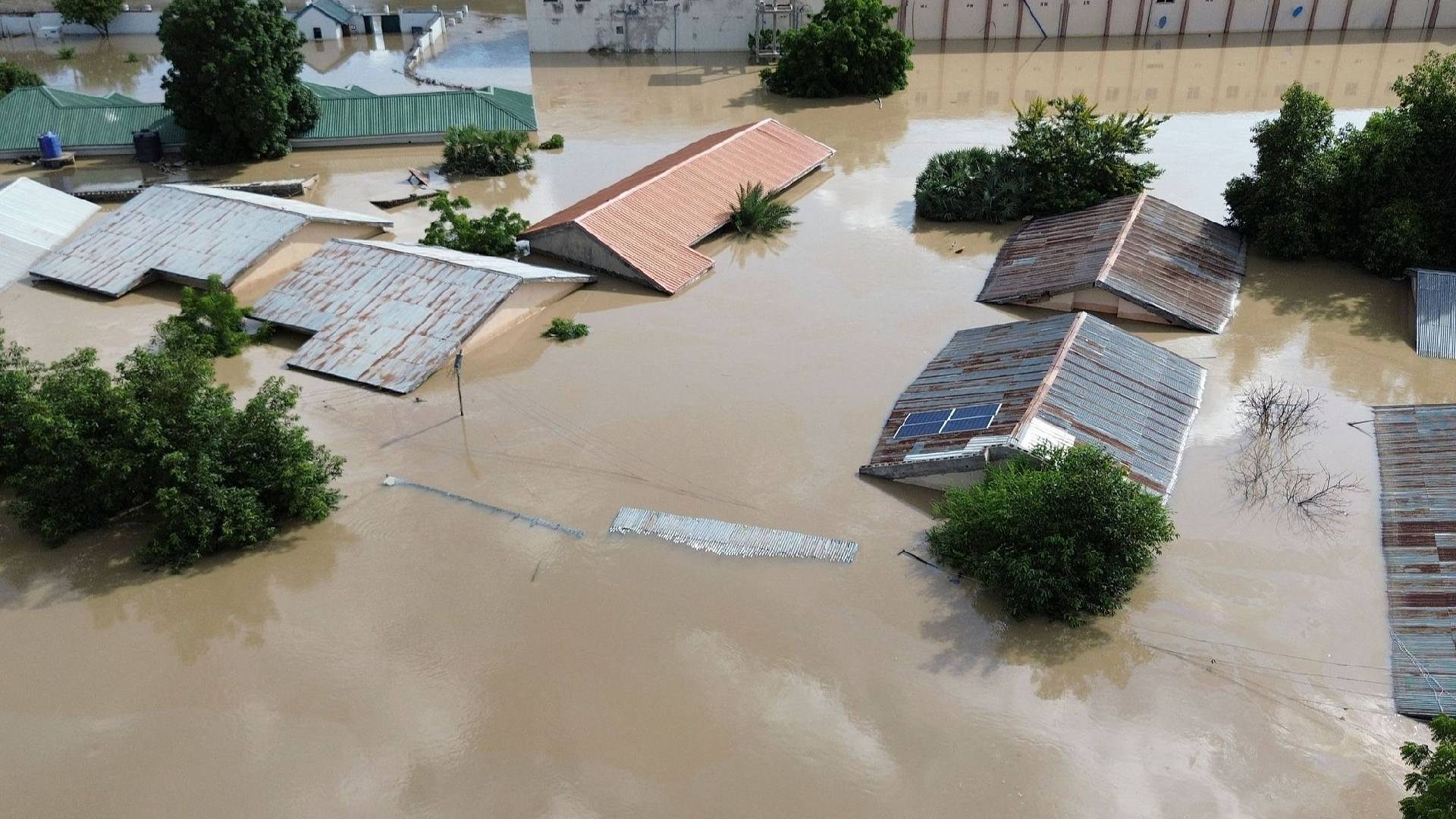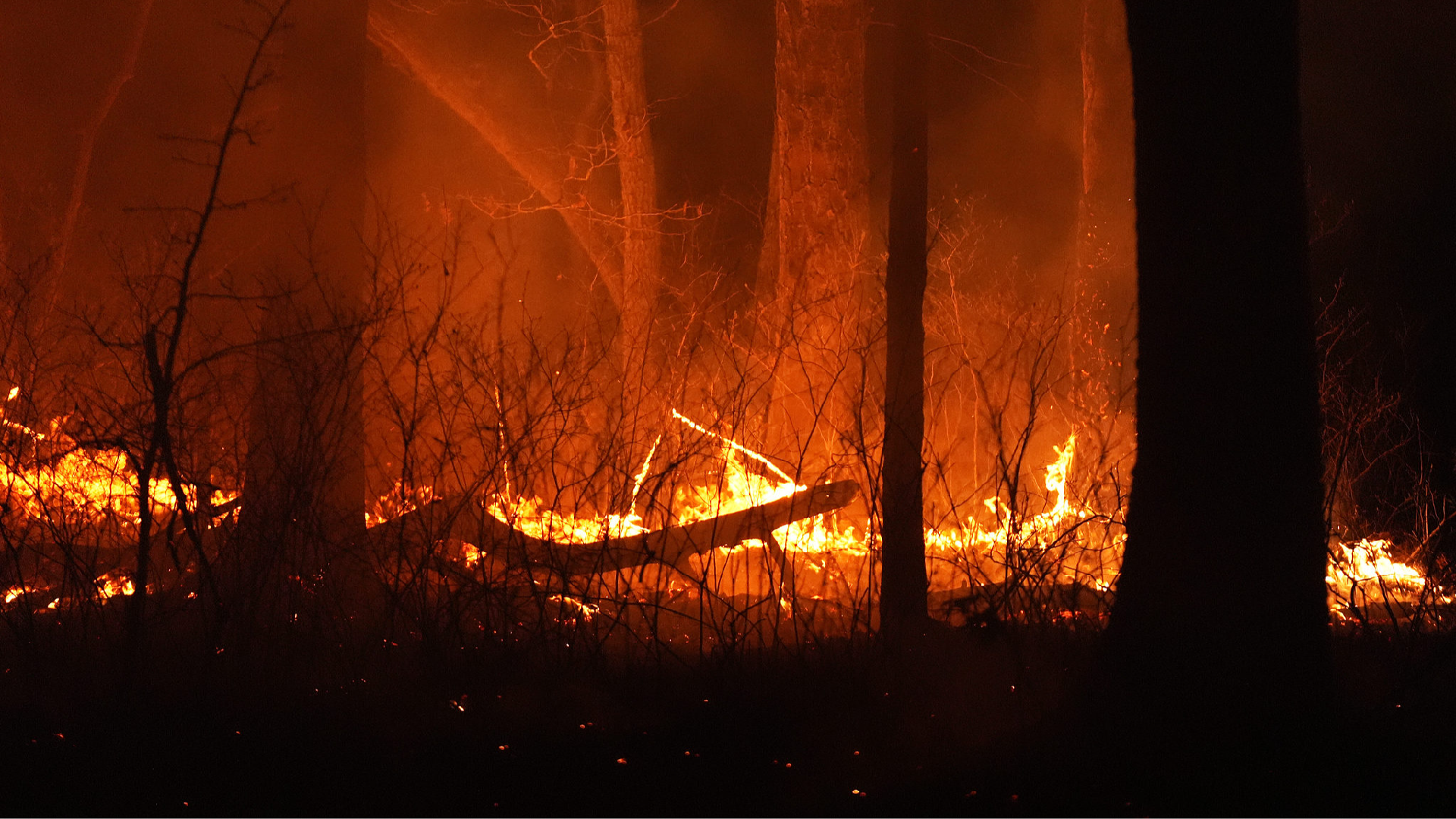Water Levels of Nigeria's Major Rivers Under Control Ahead of Anticipated Floods
Local authorities announced on Tuesday that measures are being implemented to control water levels in the River Niger, one of Nigeria's two major rivers, in an effort to prevent imminent flooding in the most populous nation in Africa.

Umar Mohammed, the head of the Nigeria Hydrological Services Agency, stated that water levels in the River Niger Basin have been steadily decreasing since early this month. He noted that the Jebba Dam is currently releasing excess water in collaboration with the operators of the Kainji Dam.
"The Kainji Dam has maintained a 53-centimeter buffer to manage any changes in water inflow," Mohammed explained, emphasizing that these measures are vital for adhering to flood preparedness protocols.
He mentioned that although the rainy season is progressing southward, water continues to flow into Nigeria, as observed by the NIHSA. He added that the hydrological agency will persist in its collaboration with both national and international dam authorities to reduce the risk of river flooding and promote Nigeria's socio-economic development.
In late September, Nigerian authorities warned residents about rising water levels in the country resulting from flash and river flooding. This situation followed extended rainfall throughout the West African region, which caused significant flooding in various areas.
According to the NIHSA, water levels in Nigeria's two major rivers, the Benue and Niger, as well as their tributaries, have "reached critical levels," raising alarms about the possibility of serious flooding in local communities along the riverbanks.
The hydrological agency foresaw that 148 local government areas across 31 states—out of Nigeria's 36 states—are at heightened risk of flooding.
The United Nations Office for the Coordination of Humanitarian Affairs reported last month that over 1.08 million people have been affected by the relentless rains in Nigeria. This crisis has resulted in widespread displacement, loss of life, and destruction of homes and livelihoods.
The OCHA indicated that the floods have caused at least 285 fatalities, displaced 641,598 individuals, and left 2,504 injured. Additionally, the report noted that 98,242 homes and critical infrastructure have been severely impacted.
Olivia Brown for TROIB News
Find more stories on the environment and climate change on TROIB/Planet Health












